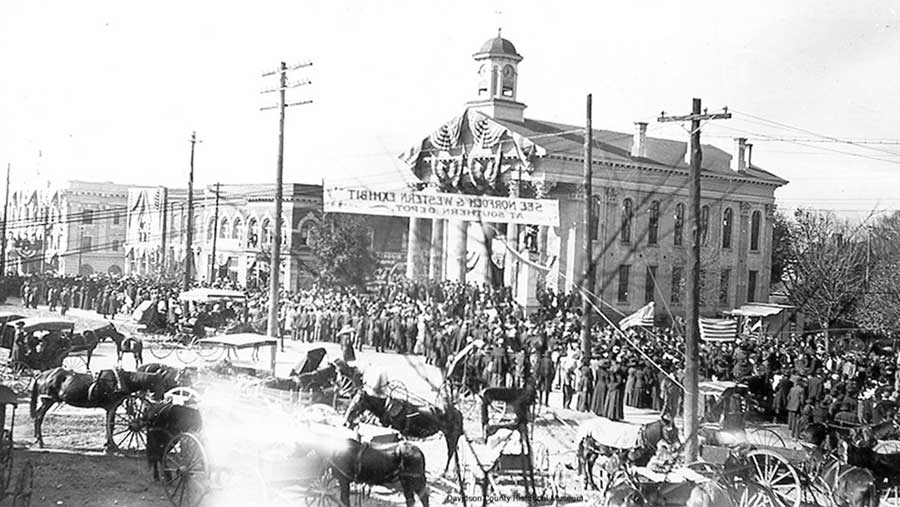Nestled in the heart of the Piedmont region of North Carolina, Davidson County stands as a testament to the state’s rich history and cultural heritage. Established in 1822 and named in honor of Brigadier General William Lee Davidson, a Revolutionary War hero, the county has witnessed centuries of change, growth, and development. From its humble beginnings to its present-day prominence, the history of Davidson County is a fascinating journey through time.
Early Settlement:
The roots of Davidson County can be traced back to the early 18th century when European settlers, primarily of Scotch-Irish and German descent, began to explore and establish communities in the region. The county’s fertile land attracted farmers and craftsmen, contributing to its agricultural and economic development. By the time of its formal establishment in 1822, the area had already become a thriving community.
Revolutionary War Connections:
Davidson County has deep connections to the American Revolutionary War. General William Lee Davidson, the county’s namesake, played a crucial role in the fight for independence. Davidson was killed in action at the Battle of Cowan’s Ford in 1781, but his legacy lives on in the county that bears his name. Many Revolutionary War veterans and their families settled in the area, leaving an indelible mark on Davidson County’s identity.
Antebellum Period and the Railroad:
The mid-19th century brought significant changes to Davidson County with the arrival of the railroad. The county’s strategic location along the North Carolina Railroad line facilitated transportation and commerce, fostering economic growth. Towns like Lexington, the county seat, flourished as trading centers, attracting merchants and businesses. The antebellum period also saw the rise of plantation agriculture, particularly in the eastern part of the county.
Civil War and Reconstruction:
During the Civil War, Davidson County, like much of the South, experienced the hardships of conflict. While many residents supported the Confederacy, the war left scars on the community. Following the war, the county faced the challenges of Reconstruction, grappling with social and economic changes. Despite the difficulties, Davidson County slowly rebuilt and adapted to the evolving post-war landscape.
20th Century Progress and Industrialization:
The 20th century marked a period of industrialization for Davidson County. Textile mills, furniture factories, and other industries sprang up, transforming the county’s economy. The establishment of High Point University in neighboring Guilford County also contributed to educational opportunities and growth in the region. Davidson County became known for its furniture manufacturing, earning the nickname “The Furniture Capital of the World.”
Contemporary Davidson County:
In recent decades, Davidson County has continued to evolve while preserving its historical roots. The furniture industry remains a significant economic force, and the county has diversified its economic base with the addition of technology, healthcare, and other sectors. Davidson County Community College, founded in 1963, contributes to the education and workforce development of the community.
The history of Davidson County, North Carolina, is a narrative of resilience, adaptation, and progress. From its early agricultural roots to its role in the Revolutionary War, the county has weathered challenges and embraced opportunities. Today, Davidson County stands as a dynamic and thriving community, proud of its heritage and poised for a promising future. As residents continue to celebrate their history, they ensure that the legacy of Davidson County endures for generations to come.


